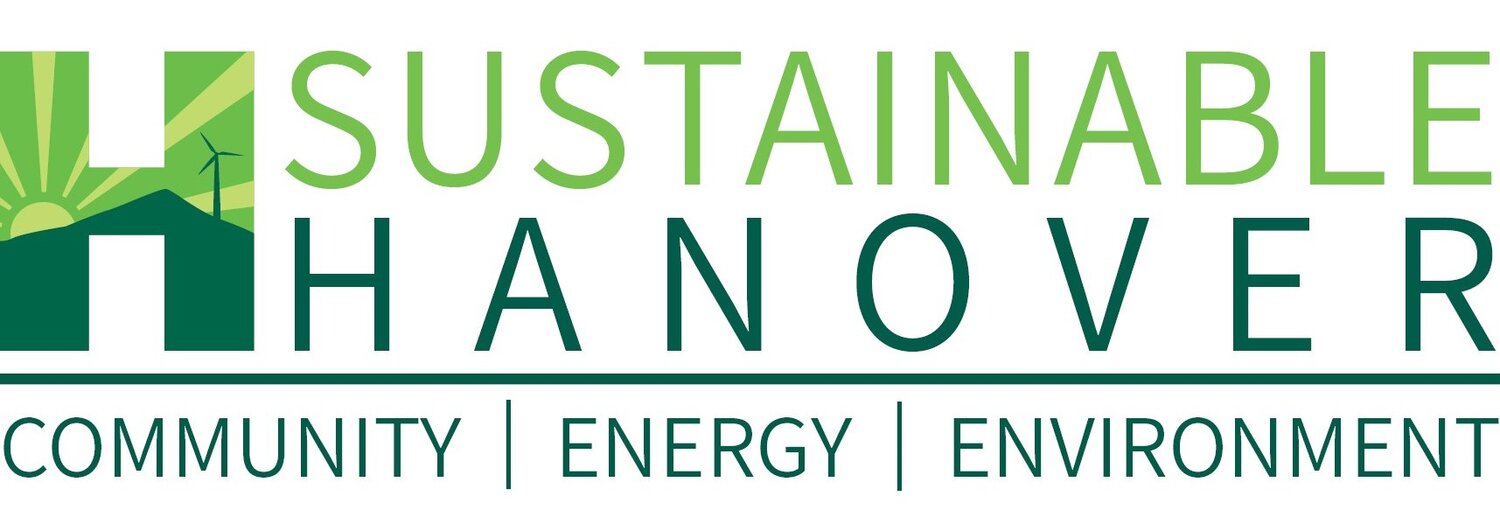Dartmouth Leads & Hanover Supports
Anyone driving through Hanover this summer has surely noticed the construction along East Wheelock, especially the once very deep and huge holes in front of the New Hampshire and Topliff dorms. “It looks like the College is building a subway system,” my husband commented.
Prominently displayed signs suggest otherwise. “Turning the corner from steam to hot water,” says one. “In the trenches to reach our goal,” says another. This construction is the initial stage of a $500m effort by Dartmouth to decarbonize. Its centerpiece is converting a 100-year-old district heating system now using #6 fuel oil for making steam to one that uses renewables such as geo-exchange and thermal solar to heat hot water. The largest infrastructure project in Dartmouth’s history, it involves installing underground piping and electrical duct banks, drilling hundreds of geo-exchange boreholes, and building several geo-exchange plants throughout campus.
To advise this and other related efforts, the College has established the Dartmouth Climate Collaborative Advisory (DCCA) and kindly invited representation from Sustainable Hanover (SH). In that SH’s mission is to support “efforts of the community to assure that the Town of Hanover thrives for present and future generations,” we readily agreed.
Hanover has its own energy goals that were adopted at its 2017 Town meeting – 100% renewable electricity town-wide by 2030 followed by heating, cooling and transportation by 2050. Pretty much anything the College does to decarbonize is compatible with these Town goals. Also, SH established an energy task force “to lead, support, and engage the community in achieving these goals.” There is no bigger renewable energy effort going on in Hanover right now than that by Dartmouth College. It should be no surprise that SH is one of its biggest fans.
In addition to supporting these efforts, SH hopes to learn and benefit from the College’s expertise. For example, what are the state-of-the-art methods for enhancing the efficiency of a new and/or already built home? What are the most efficient ways to heat one’s home renewably? Would a renewably sourced, hot water, district heating system work for other sections of Hanover?
Finally, by participating in the DCCA, Sustainable Hanover (SH) aims to enhance communications between the College and the Town. To get started, here are a few tips:
To understand Dartmouth’s plans in greater detail and/or get construction updates, check out this nifty website.
If you have concerns or questions, you can email the Sustainability Office at Dartmouth or Sustainable Hanover. For example, folks have asked about the possibility of using low carbon concrete in construction and of improved bike paths post-construction.
You can also attend in-person meetings that Dartmouth periodically holds. At such a meeting on August 14th at the Black Community Center, attendees asked questions about noise, truck routes, and other potential impacts. A follow-up gathering is anticipated for some time in October.
We can probably all agree that temporary inconveniences are a small price to pay for a better future. Still, the best ways to support and enhance Dartmouth’s efforts are to engage by staying informed, sharing concerns, and providing feedback.
